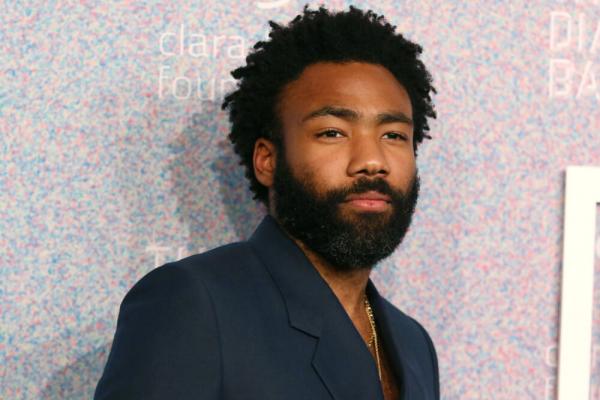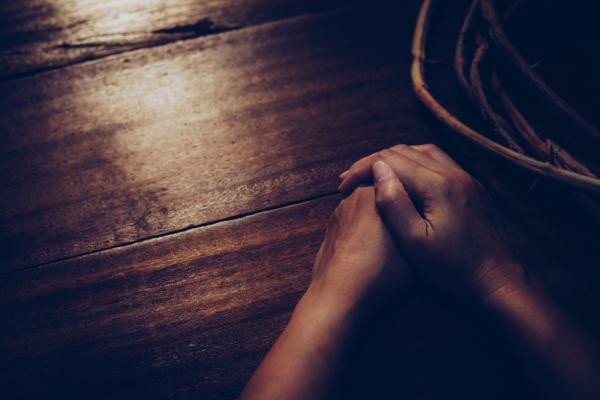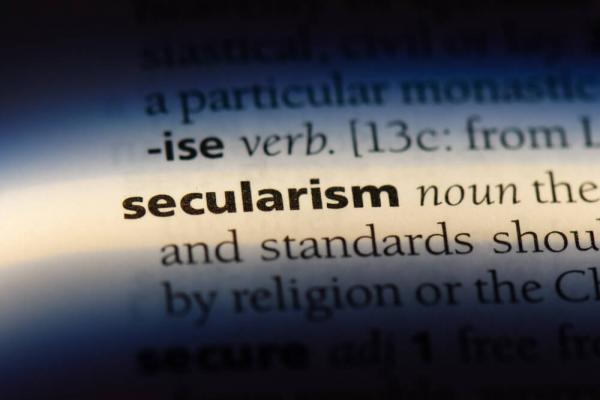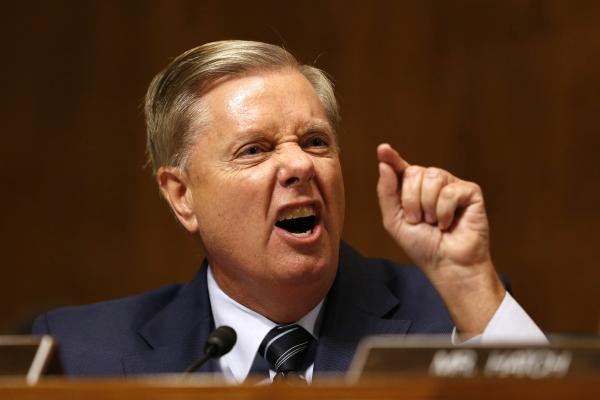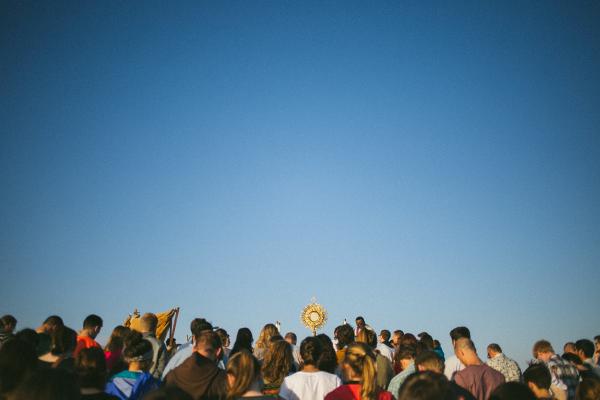We are in the midst of a national trauma, with a vast number of women in America — across political lines — being re-traumatized by the events of last week. This moment requires pastoral care for survivors and those who love them, prophetic truth-telling about what is (or ought to be) morally acceptable and unacceptable, and the hope for some more profiles in courage in the United States Senate.
Donald Glover aka Childish Gambino has become a cultural icon. From his comedic work in Community to his acting in both Marvel and Star Wars franchises to his writing and producing of the critically acclaimed show Atlanta, the versatile Grammy-nominated artist is a creative force. Throughout all of this commercial and critical success, Donald Glover has refused to frame his work as a product; instead he wants to offer a participatory experience, a religious experience even.
Christianity transformed from a faith reliant on Jesus to a civic religion obsessed with obtaining partisan power. This co-opting of Jesus — manipulating His gospel of love and redemption to fit the narrative of an expanding American empire, specifically to maintain the colonial stronghold of white supremacy — fits a historical pattern.
Some years ago, I was supervising a focus group of nonreligious Latinxs. The topic of the focus group was politics and religion. As the discussion progressed, someone meekly mentioned that they were not religious, apparently expecting the judgment of their fellow group members. But they were not judged. One by one, fellow group members surprised each other as they admitted that they were also not religious. They were unaware that there were others like them. Their experiences have been ignored by their ethnic communities and society at large because they do not fit the stereotype of the pious Latinx. Nevertheless, it’s important for religious people and the broader public to understand this particular group.
Thursday, Sen. Lindsay Graham (R-S.C.) changed the narrative from the weight of Dr. Christine Blasey Ford's compelling testimony to a matter of completely partisan loyalty against the Democrats, who of course had their own partisan motives. But the greatest blame, in my view, rests with Sen. Mitch McConnell (R-Ky.) who made the most partisan move in the history of Supreme Court nominations by refusing to even consider President Barack Obama's nomination of Merrick Garland for an entire year. That poisoned the Senate "well" for Supreme Court nominations in toxic ways.
When I realized that I’m not alone in my fears for my own safety as a woman, and as an Indigenous woman, I began to notice everything. I watch interactions between men and women more closely. This hyper-awareness is leaving many of my friends on edge across America, women who have now seen a man like Kavanaugh lauded for his work while his victim is called a liar. We don’t trust the people on the streets, in elevators, or in our neighborhoods. We are paying attention.
Twenty-seven years ago, as an African-American female clergy leader and legislative advocate, I operated in two worlds dominated by male power – religion and politics. I watched Anita Hill sit with the same quiet dignity as Rosa Parks resisting racial segregation on an Alabama bus by refusing to give up her seat to a white man. Rosa Parks went to jail. Anita Hill watched as Clarence Thomas was voted onto the U.S. Supreme Court. For both women, it looked like the dominion of male power had won.
From the start of his bid for the Oval Office to now, the 45th president of the United States has drawn plenty of accusations of illegal activity for his finances and the funds of his companies. Many of us have paid close attention to the developments of investigations into this money, watching cable news and following journalists we trust on Twitter. But perhaps we should also turn our attention to other areas of our government, look beyond the executive branch to search for signs of money and politics intermingling in nefarious ways.
It is gut-wrenching to look at their faces — 58 of them. They were young, old, men, women, single, married, parents, and grandparents. From all over the country and from Canada, they had one thing in common: they were fans of country music. One year ago, on Oct. 1, they made their way to an open field in Las Vegas where, in the midst of their revelry, they were plunged into terror and cut down by bullets — more than 1100 — fired from 32 stories above their heads.

